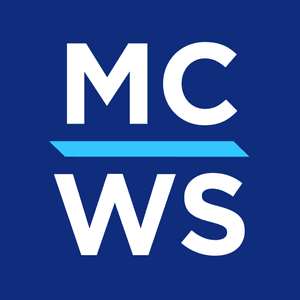
We’ve all heard the statement that If it’s too good to be true, it probably is. Unfortunately, we’ve become so conditioned to ignoring items that fall into this “free found money” category that we cross the line from skeptical to cynical. Skepticism is healthy, cynicism is not. Even the statement itself contains the word “probably.”
What I’m referring to here is the unclaimed property accounts all states have. You may have seen articles or ads telling you there might be money in your name, and all you must do is fill out a form to get it. It definitely sounds like one of those too good to be true proclamations. However, in this case it isn’t. Here's why it may be worth your while to look into it.
We’ve all heard the statement that If it’s too good to be true, it probably is. Unfortunately, we’ve become so conditioned to ignoring items that fall into this “free found money” category that we cross the line from skeptical to cynical. Skepticism is healthy, cynicism is not. Even the statement itself contains the word “probably.”
What I’m referring to here is the unclaimed property accounts all states have. You may have seen articles or ads telling you there might be money in your name, and all you must do is fill out a form to get it. It definitely sounds like one of those too good to be true proclamations. However, in this case it isn’t.
When an entity has money in your name, they are required to contact you and return it. This applies most often to financial institutions like banks, brokerages, etc. If they can’t connect with you over a given period of time, the money is sent to the state in your name until you claim it. States have different specific rules on periods of time, what constitutes contacting an individual, etc., but this is the basic concept of how these accounts work.
I decided several years ago to ignore my skeptical side that was telling me I was probably falling for some fairy godmother scam and see if there was any money in my name. It is not an exaggeration to say I was shocked to discover there was one account in my name with over $100 in it. (I reside in Pennsylvania and its site only tells you if there is over or under $100.) Interestingly, an insurance company owed me a commission from many years earlier and apparently claimed they couldn’t find me, so it ended up in the Pennsylvania Unclaimed Property Account.
This, in itself, was an interesting assertion since I have only moved once; and honestly, I didn’t go into the witness protection program. My address was on file in all the proper places, including with the PA State Insurance Commission, which is the first place you would think the insurance company would have checked. Nonetheless, I followed the procedure outlined on the website and received my funds several weeks later.
I would strongly suggest you check the sites listed below. It only takes a few minutes and you can check under any personal or business name. Oddly, you can check under anyone’s name. I guess the rules regarding confidentiality don’t apply here. This is, however, an advantage since it allows you to check maiden names, relatives, etc.
- Pennsylvania Treasury website
- Missing Money national website (Covers 49 states. Kansas is the only state that doesn’t participate, but the site states it will be included soon.)
Happy hunting!
